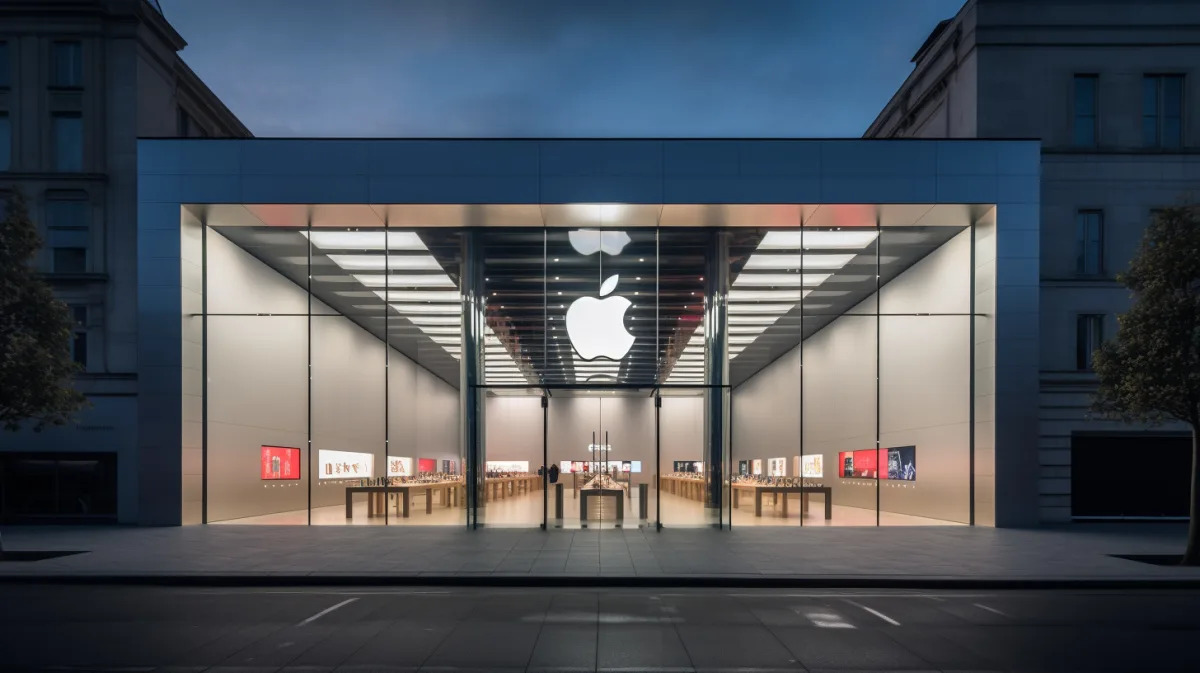Adria Cimino, The Motley Fool
Sun, May 4, 2025, 2:15 PM 5 min read
In This Article:
-
AI stocks led gains last year, but concerns about President Trump's tariffs on imports have weighed on them this year.
-
More news on tariffs could be just ahead, impacting share price movement in the near term.
Investors rushed to get in on artificial intelligence (AI) stocks over the past two years as it became clear that AI might be the next big thing. The idea was that this newish technology could join the ranks of electricity or the internet, revolutionizing our daily lives and a whole lot more. As a result, companies such as AI chip giant Nvidia (NASDAQ: NVDA) and AI-driven software company Palantir Technologies saw their stock prices soar -- these two surged 171% and 340%, respectively, last year.
But recently, the excitement has turned to concern about what's ahead. Early last month, President Donald Trump announced a detailed plan for tariffs on imports, and stocks -- particularly tech and AI players -- sank.
Where to invest $1,000 right now? Our analyst team just revealed what they believe are the 10 best stocks to buy right now. Continue »
Though the president paused the tariffs for a 90-day negotiation period and even temporarily halted tariffs on electronics products, the issue remains a risk for U.S. companies. The concern is that the tariffs will result in higher prices, hurting both the U.S. consumer and companies, particularly those, such as tech players, that heavily import parts and finished products.
Amid these fears, the Nasdaq Composite crashed into bear territory. Though it's recovered from its low point, many AI stocks remain down for the year. And many are trading at reasonable and even bargain valuations. Does this mean now is the time to buy beaten-down AI stocks? Let's find out.
So, first, let's consider the tariff situation. At the moment, tech companies don't face tariffs because Trump has exempted them. This means U.S. tech players don't have to pay the 145% tariff that Trump imposed on China when importing electronics items from that country. (The U.S. excluded China from its pause on tariffs.)
The Trump administration is now studying what level might be appropriate for electronics and will soon announce a tariff that will apply specifically to imported electronics parts and finished products. Meanwhile, companies are making an effort to reorganize their manufacturing processes to minimize potential tariff impact.
For example, Nvidia announced a major move to build AI infrastructure in the U.S., and Apple said it's moving production of its iPhones and other products for the U.S. away from China -- the country most impacted by Trump's tariffs -- to India and Vietnam.
.png)
 German (DE)
German (DE)  English (US)
English (US)  Spanish (ES)
Spanish (ES)  French (FR)
French (FR)  Hindi (IN)
Hindi (IN)  Italian (IT)
Italian (IT)  Russian (RU)
Russian (RU) 








Comments